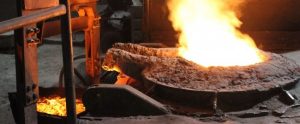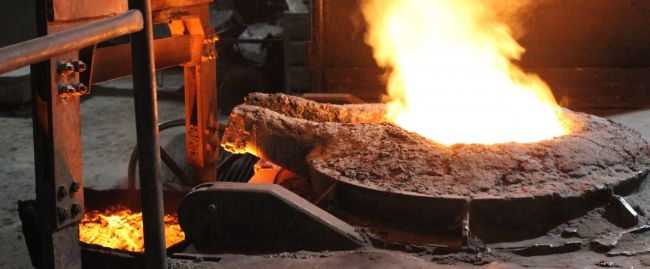
Among the numerous factors taken into account by our Sages when they arranged the Jewish calendar, as we know it, is when each Torah portion will be read. Not only was the goal to complete the cycle of reading the Torah by the last days of the holiday of Sukkos, but also to make sure certain portions of the Torah would be read at particular times of the year. This week’s parsha, Nitzavim, is always read the week preceding Rosh HaShana. Why?
The Talmud, explained by the commentary Tosfos, elucidates that last week’s parsha, Ki Savo, contains the curses that would befall the Jewish people, if they do not follow the words of the Torah. It contains the gruesome detailed description of what could happen, and, indeed, in the course of history, has happened, to our nation if we do not journey along the path that G-d has designated we follow. Although this is the harsh truth we must accept and confront as individuals and as a nation, nevertheless, this is not the subject matter to focus upon as we approach the new year. Any mention of evil coming as a result of our shortcomings should be relegated to another time. Our aspiration for the next year is that which brings good and Heavenly blessing. Our good deeds and our high moral standard should set the tone for our gazing into the future. Thus, the portion of Ki Savo does not directly precede Rosh HaShana; rather, it concludes the prior year. The evil is behind us. We are starting anew.
Rabbi Gedaliah Schorr (1910-1979, Rosh Yeshiva/Dean of Mesivta Torah Vodaath in Brooklyn, New York; described as the first Torah sage to receive his training exclusively in the United States) further clarifies this concept. Every week of the calendar gleans a certain amount of holiness and sanctity from the preceding Shabbos. Thus, many of the customs observed at the conclusion of Shabbos attempt to “extract” as much of the sanctity of the Shabbos and “bring” it with us into our coming week. Therefore, a holiday falling mid-week draws its very sanctity from the prior Shabbos. No two Shabboses are of the same nature or have the same characteristics. Each one is tailored for that week. That is the reason, Rabbi Schorr explains, that the Shabbos proceeding Pesach is called Shabbos HaGadol – the Great Shabbos – great in its spiritual content because of the Pesach holiday which must draw upon it. So, too, the Shabbos preceding Rosh HaShana. Rosh HaShana is not just a Jewish holiday on the calendar; it is the inauguration of a new year, a time for new beginnings, new spiritual heights and new recognition of what it is we can accomplish.
The Torah portion read on any given Shabbos is not just happenstance. It is integral in determining of the character of the Shabbos and holiness with which that Shabbos and the following week are infused. This week’s Shabbos defines the week during which we experience Rosh HaShana, and by association, casts the mold for the entire year. No wonder we want to make sure that positive topics are covered in the Torah reading!
Devarim/Deuteronomy 30 discusses the ultimate redemption, the coming of the Mashiach, who we pray will come speedily. The key, the Torah reminds us, is choosing to strengthen our relationship with G-d, following His commands and His path, a path that is easily accessed. “It is not hidden from you and it is not distant. It is not in heaven, for you to say ‘Who can ascend to the heaven for us and take it for us so we can listen to it and perform it?’ Nor is it across the sea, for you to say ‘Who can cross to the other side of the sea and for us and take it for us so we can listen to it and perform it?’ For the matter (the path of the Torah) is very close to you, it is in your mouth and in your heart to perform it.”
Have good Shabbos, and let us all be inscribed and sealed for a great new year rich with G-d’s blessings of life, sustenance and peace. Kesivah v’Chasima Tova.
Please forward your questions for Rabbi Schlussel to RabbiSchlussel@ MilwaukeeKollel.org.
Copyright © 2001 by Rabbi Pinchas Avruch and Project Genesis, Inc.
Kol HaKollel is a publication of the Milwaukee Kollel Center for Jewish Studies 5007 West Keefe Avenue; Milwaukee, Wisconsin; 414-447-7999


